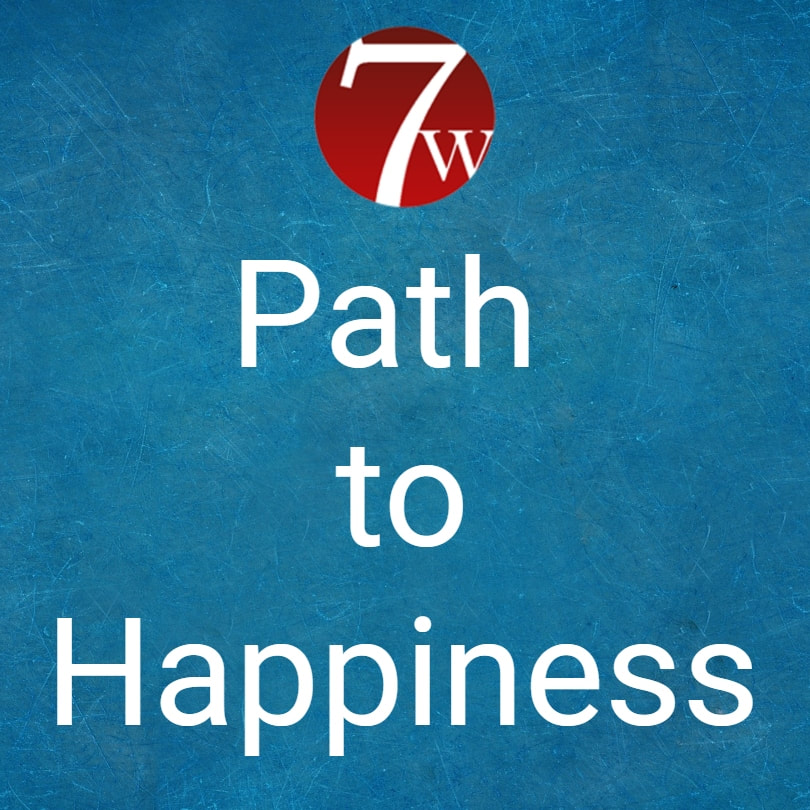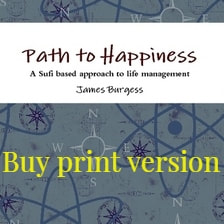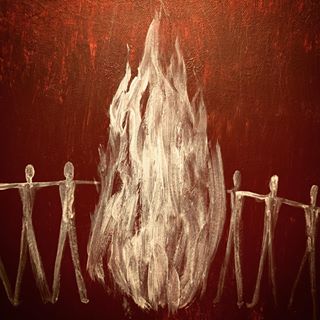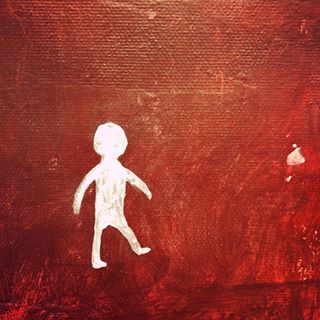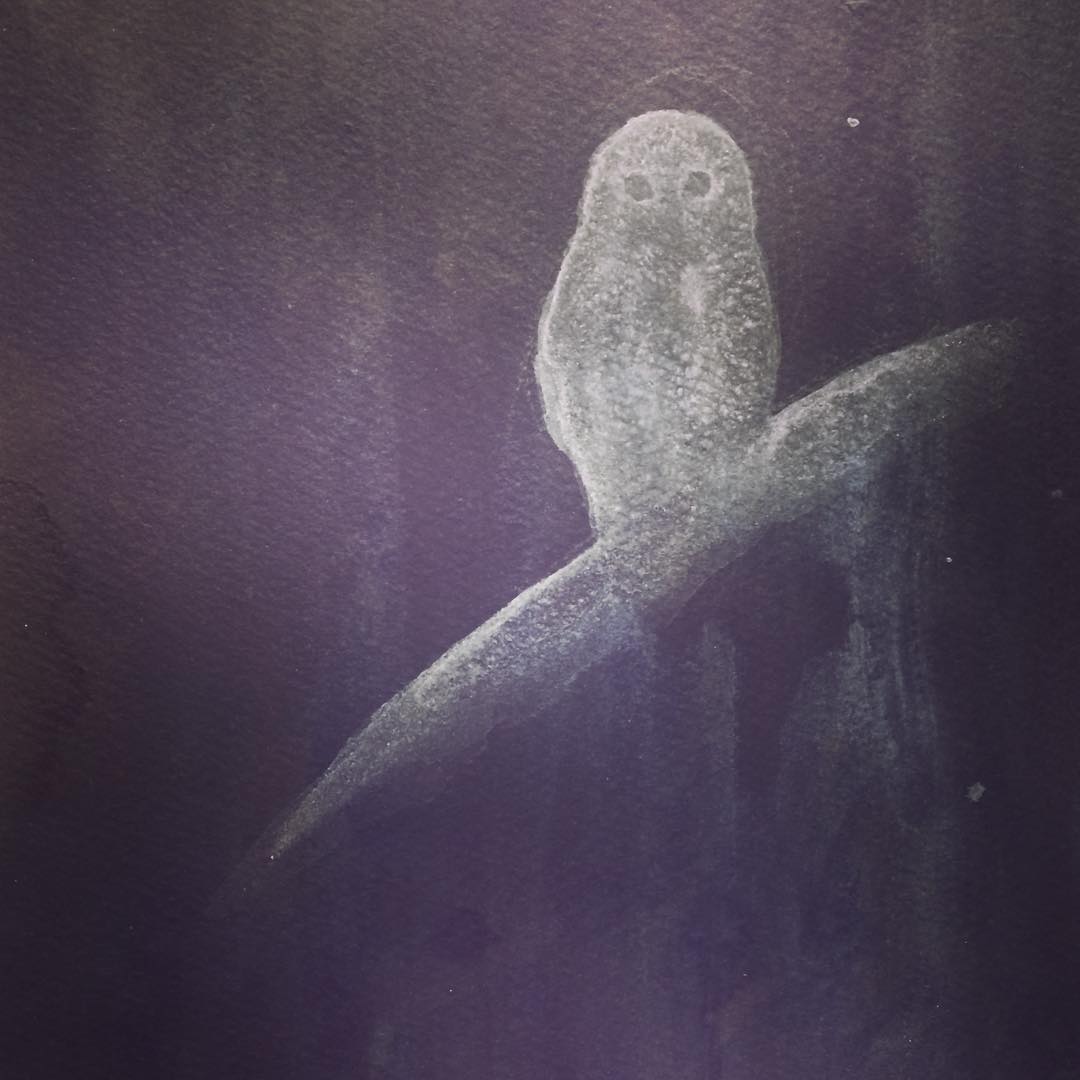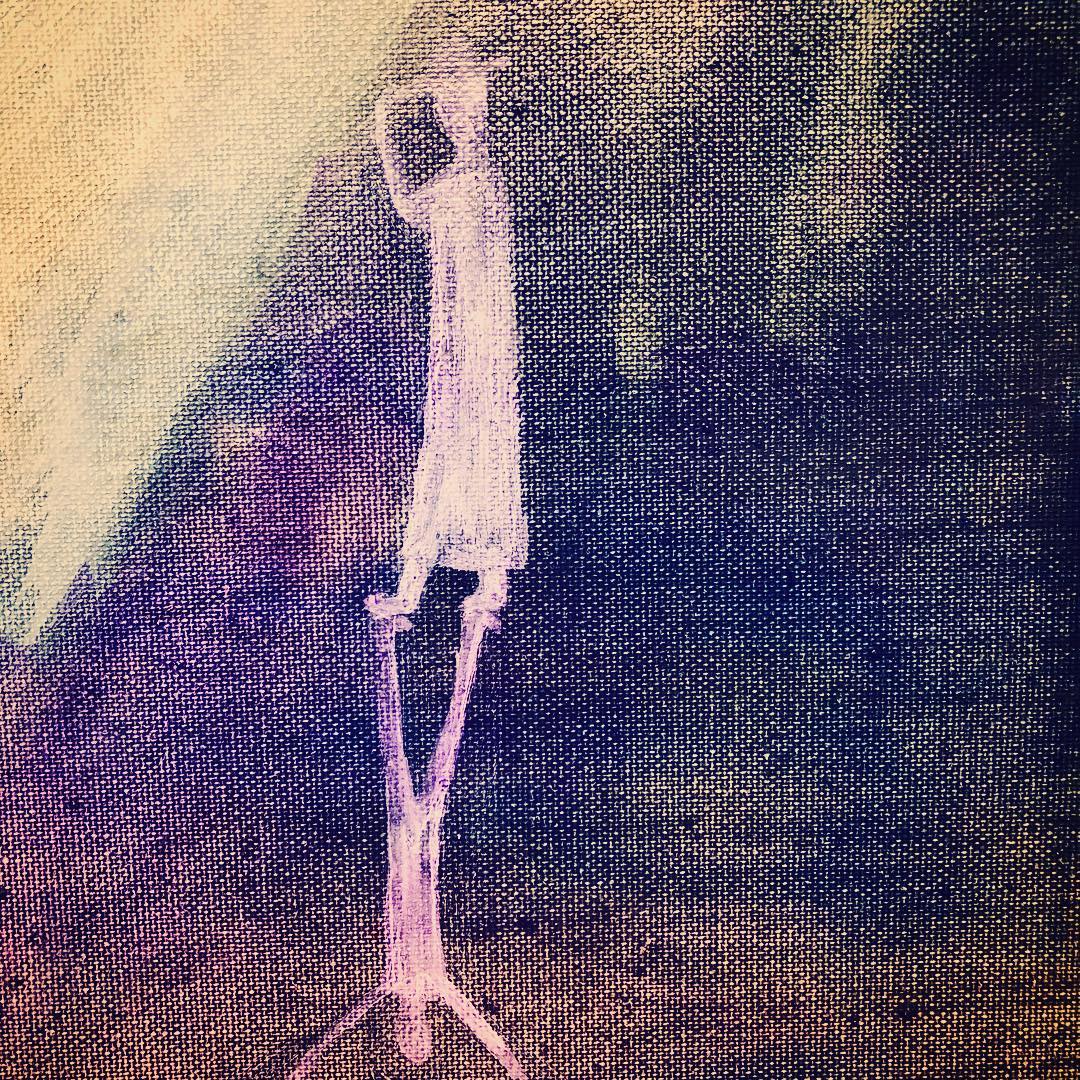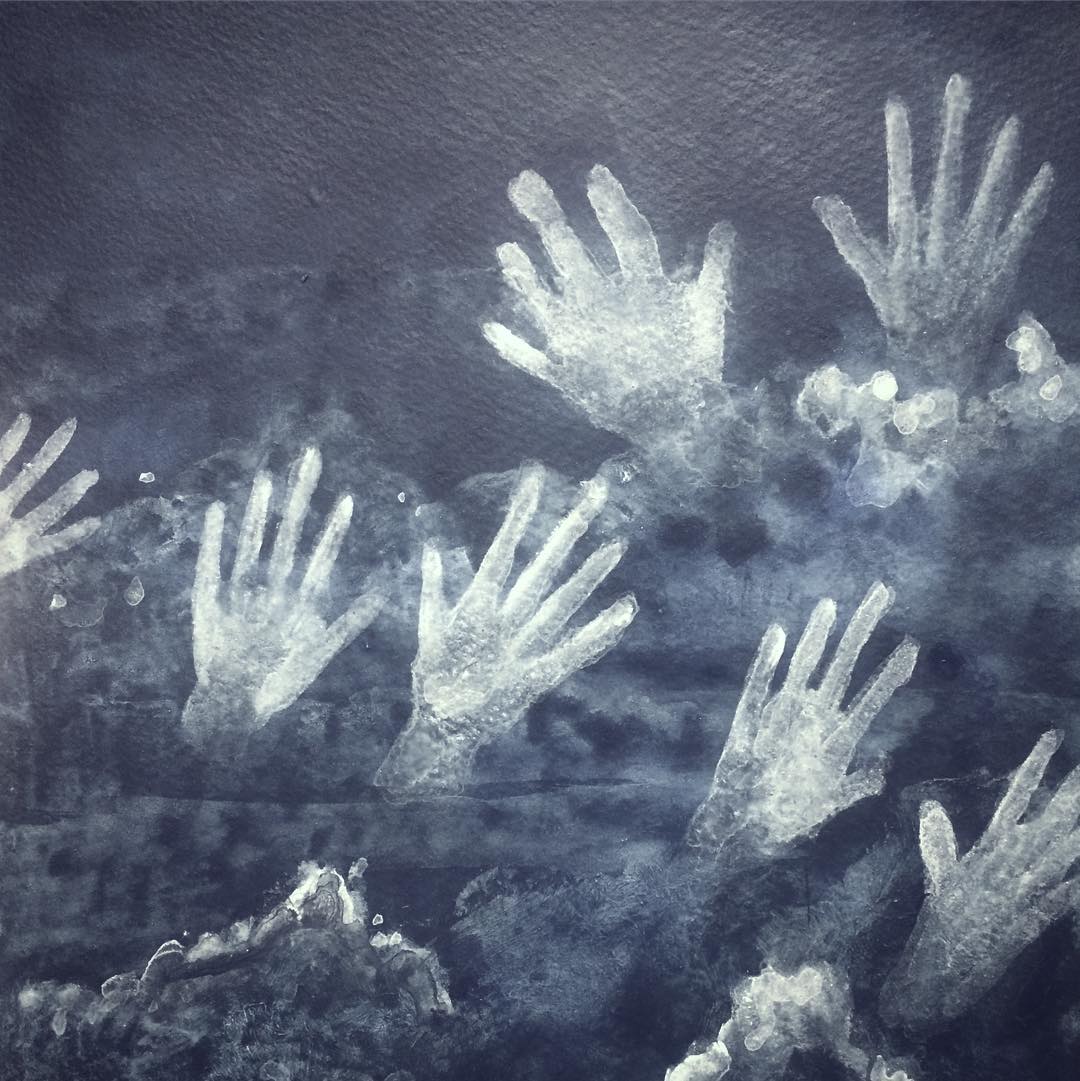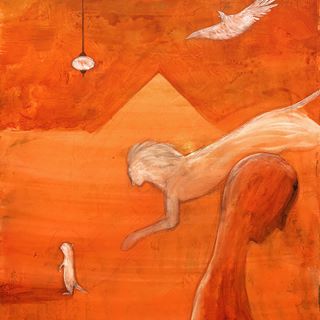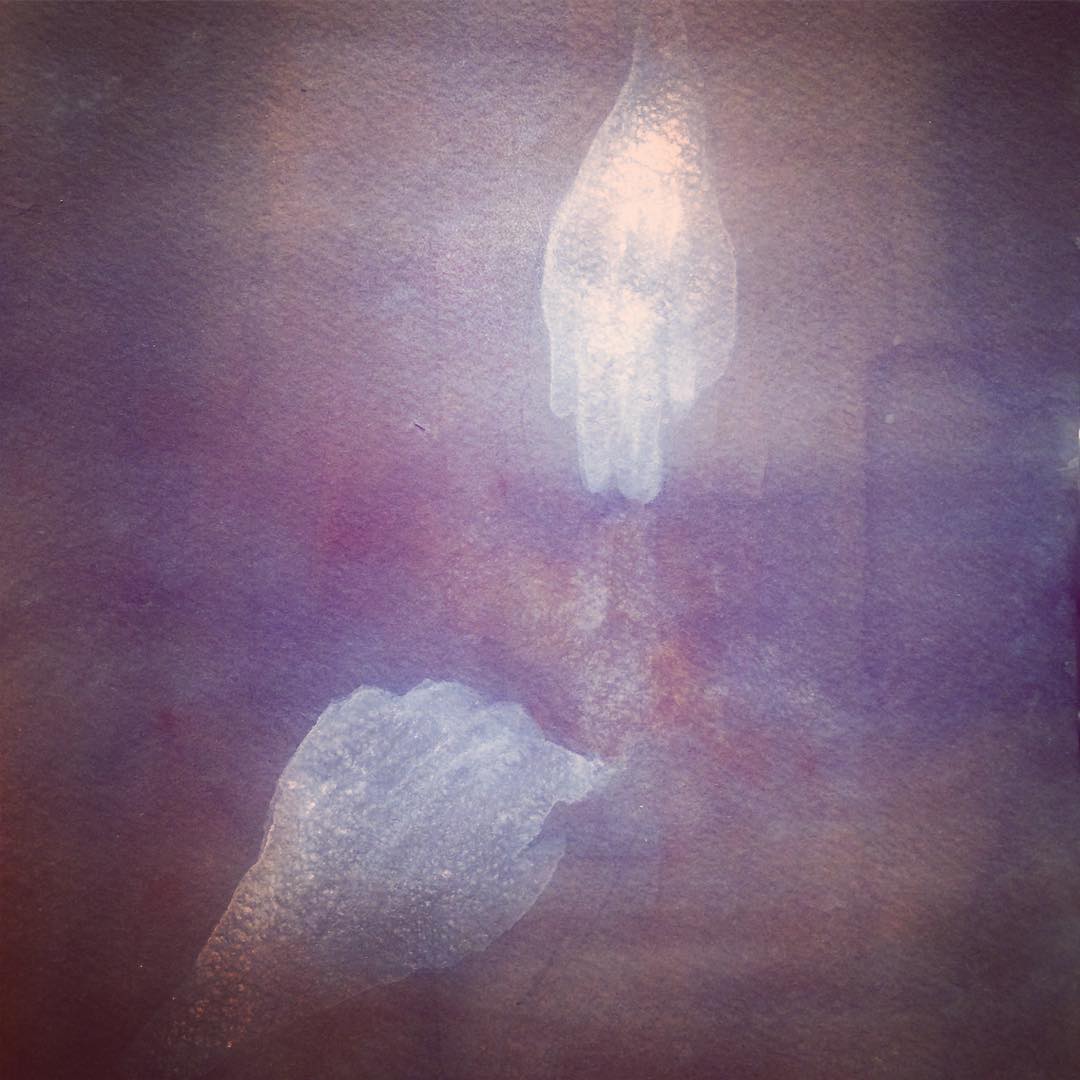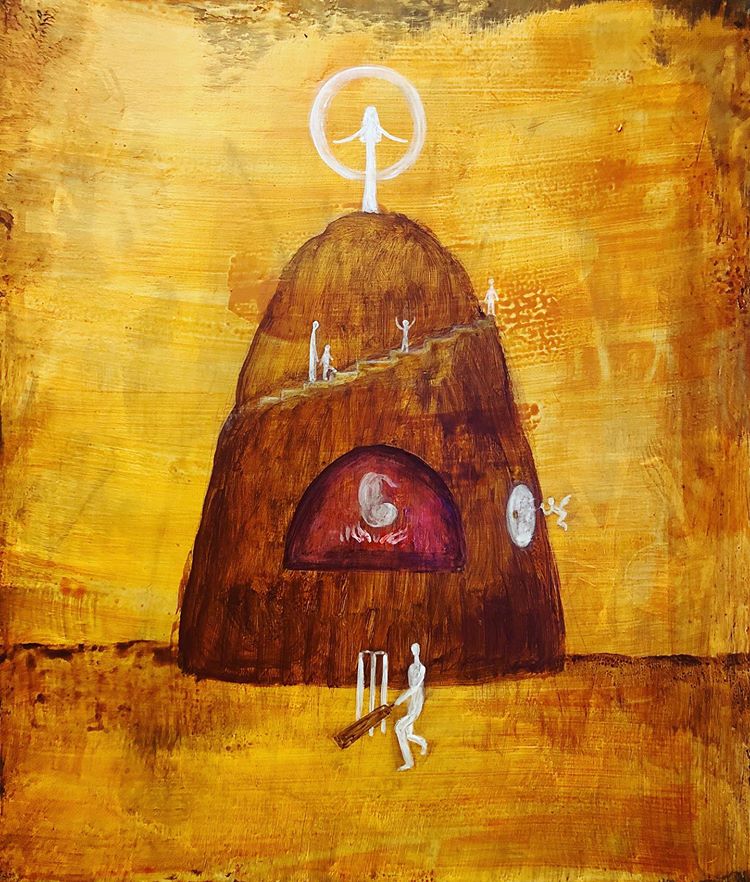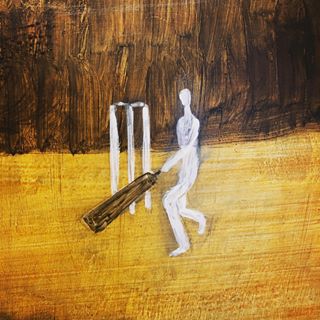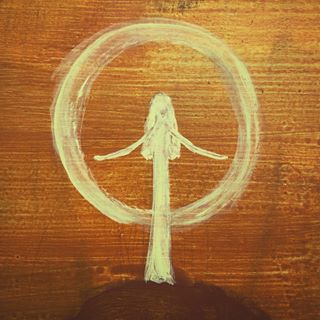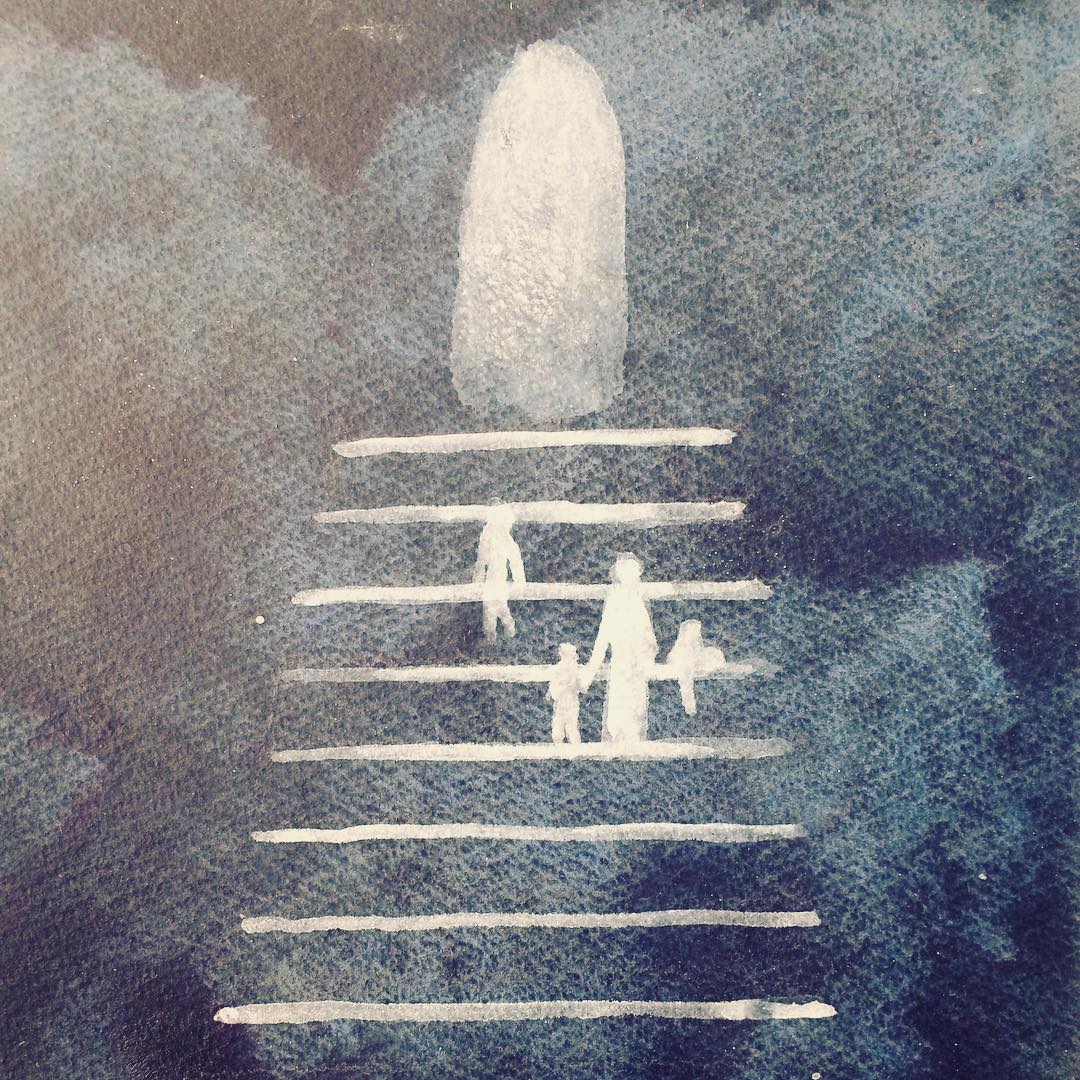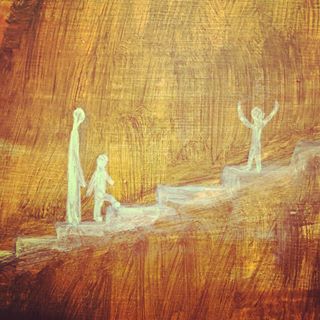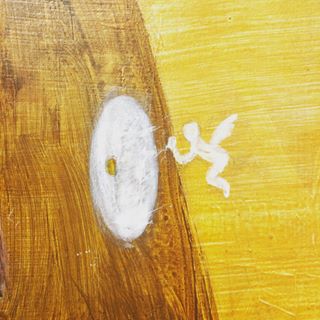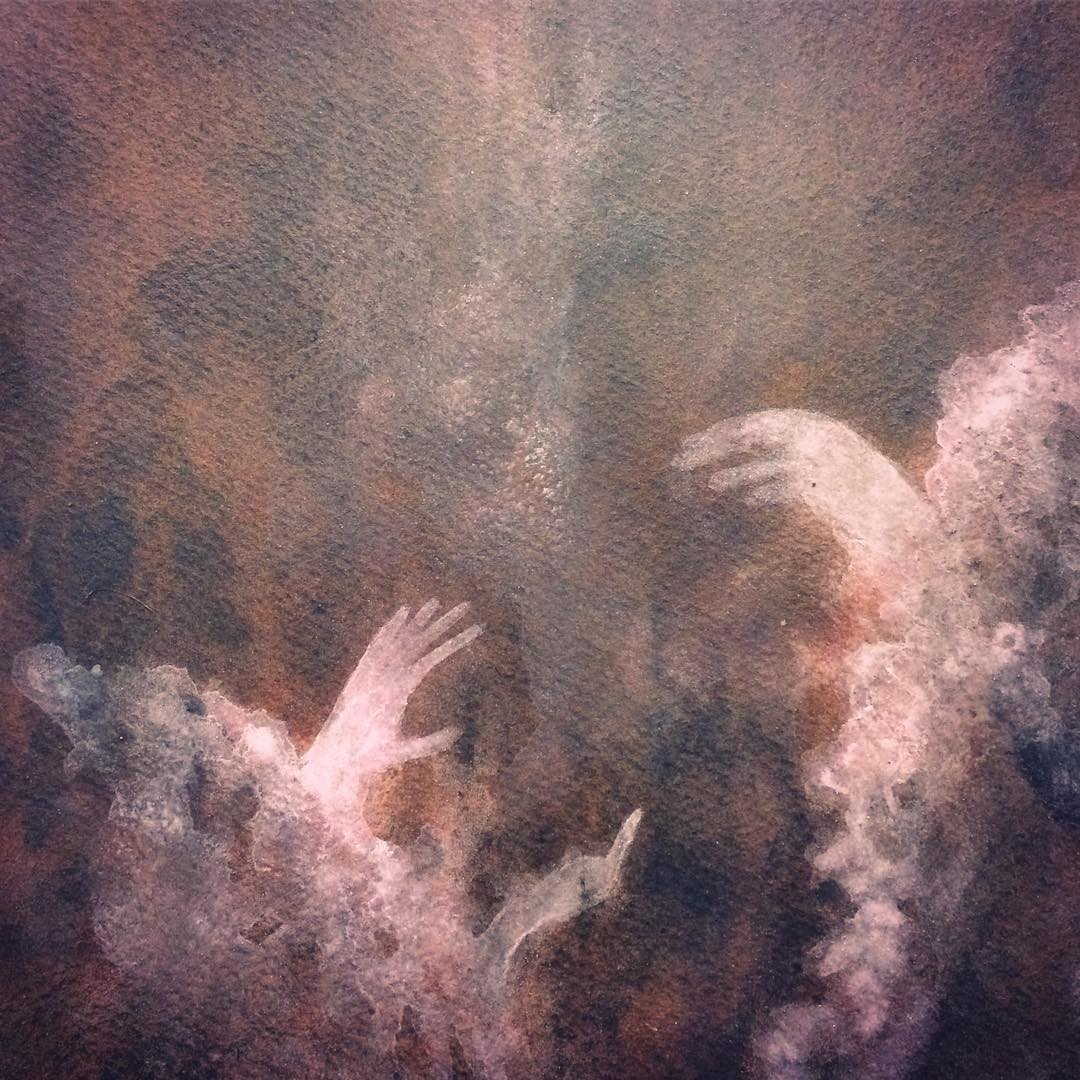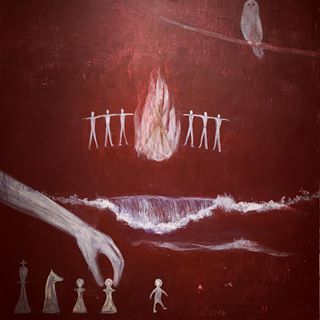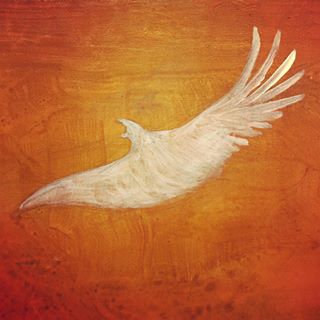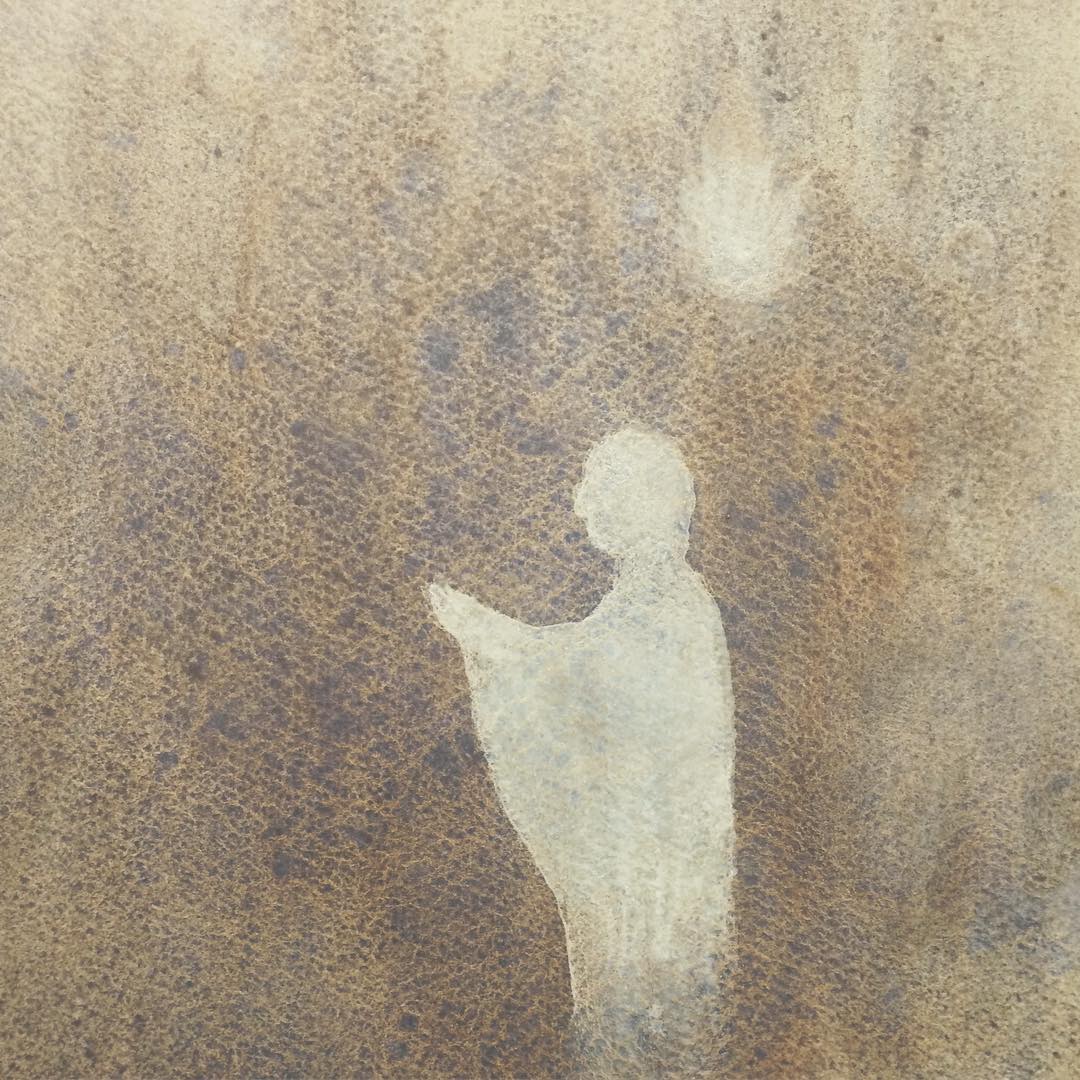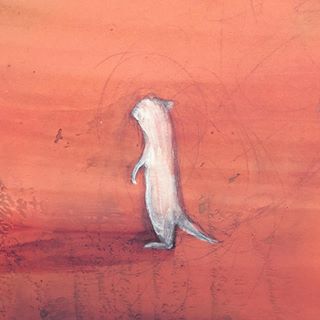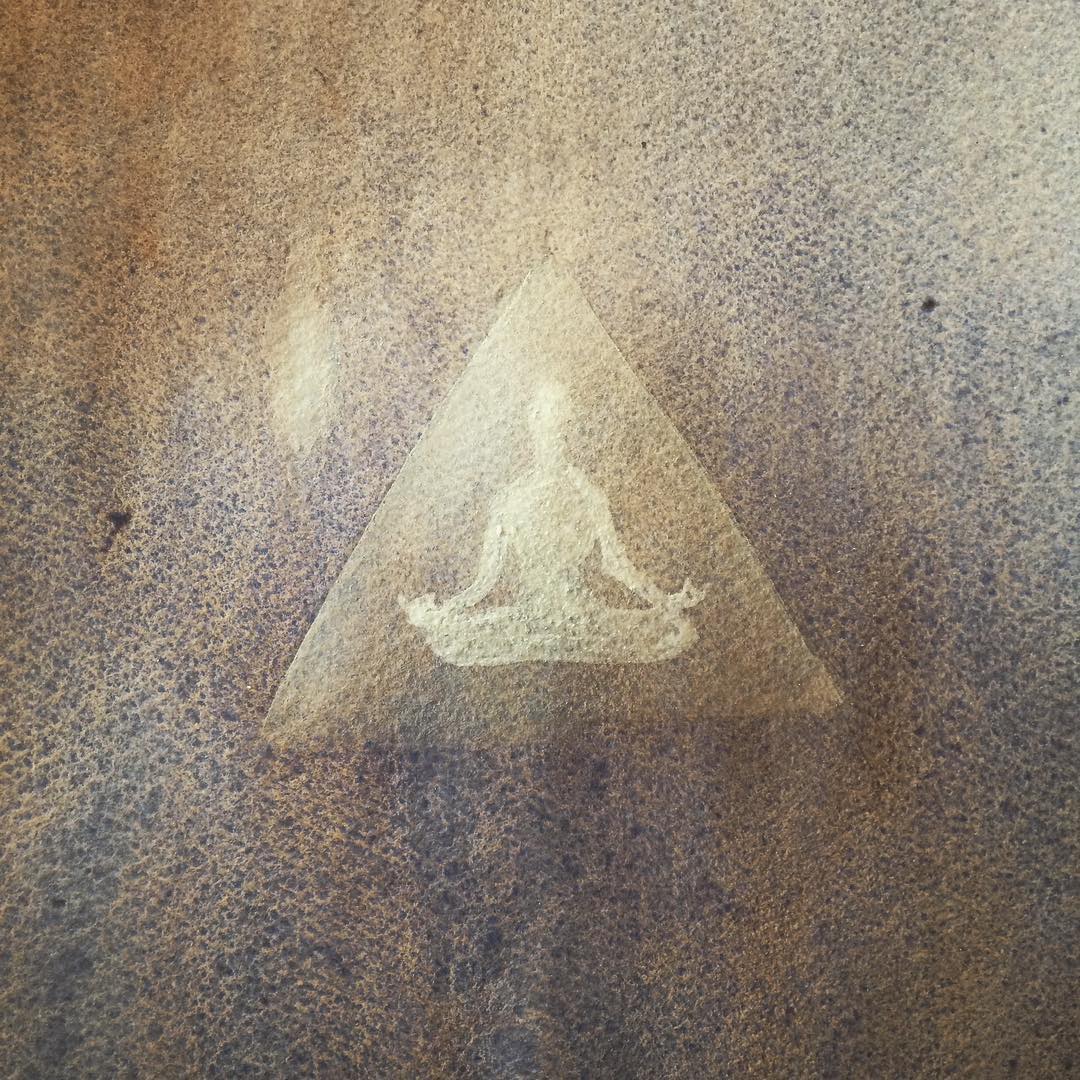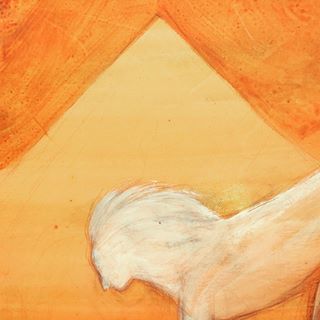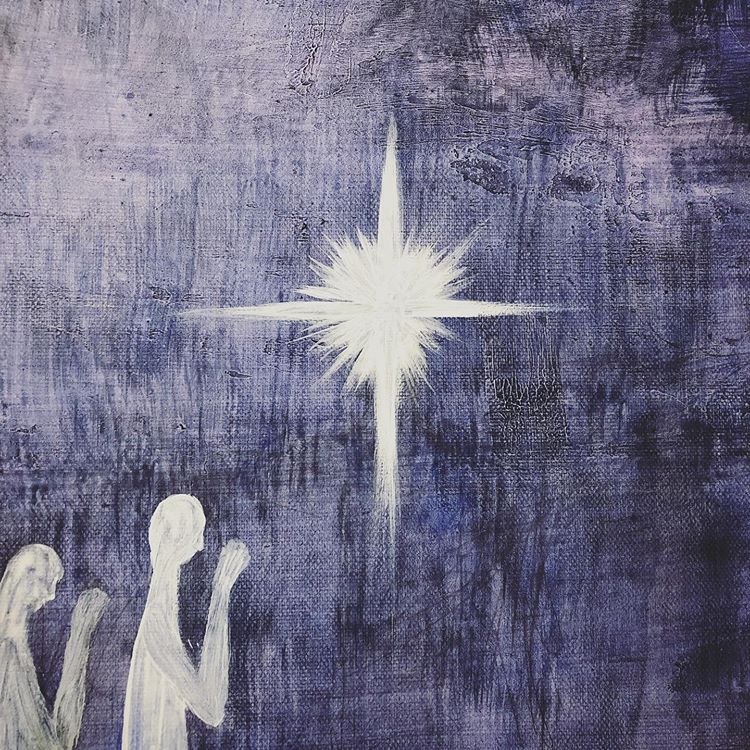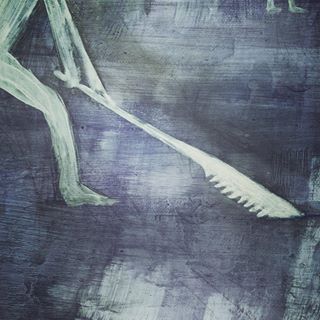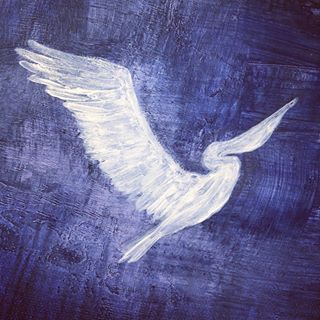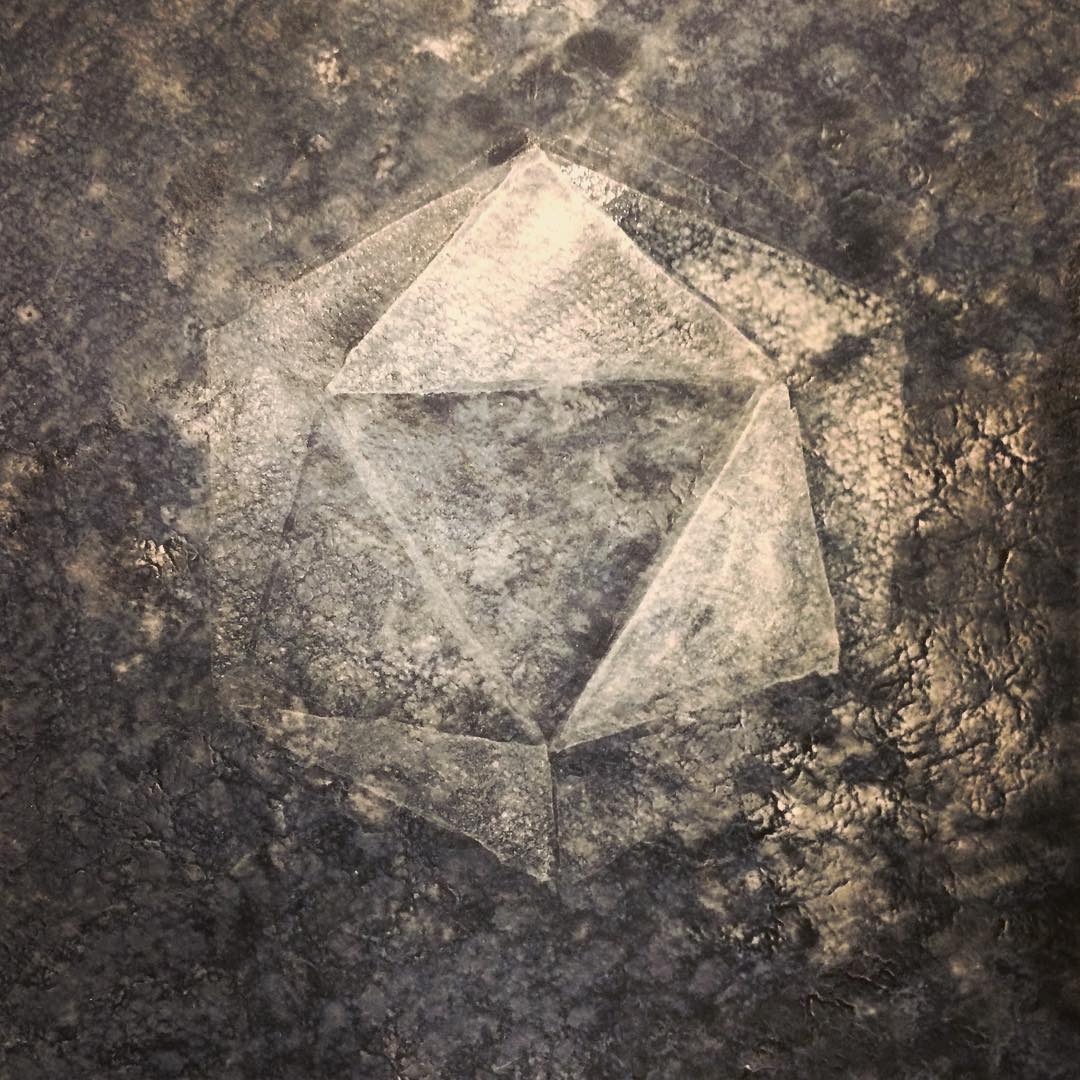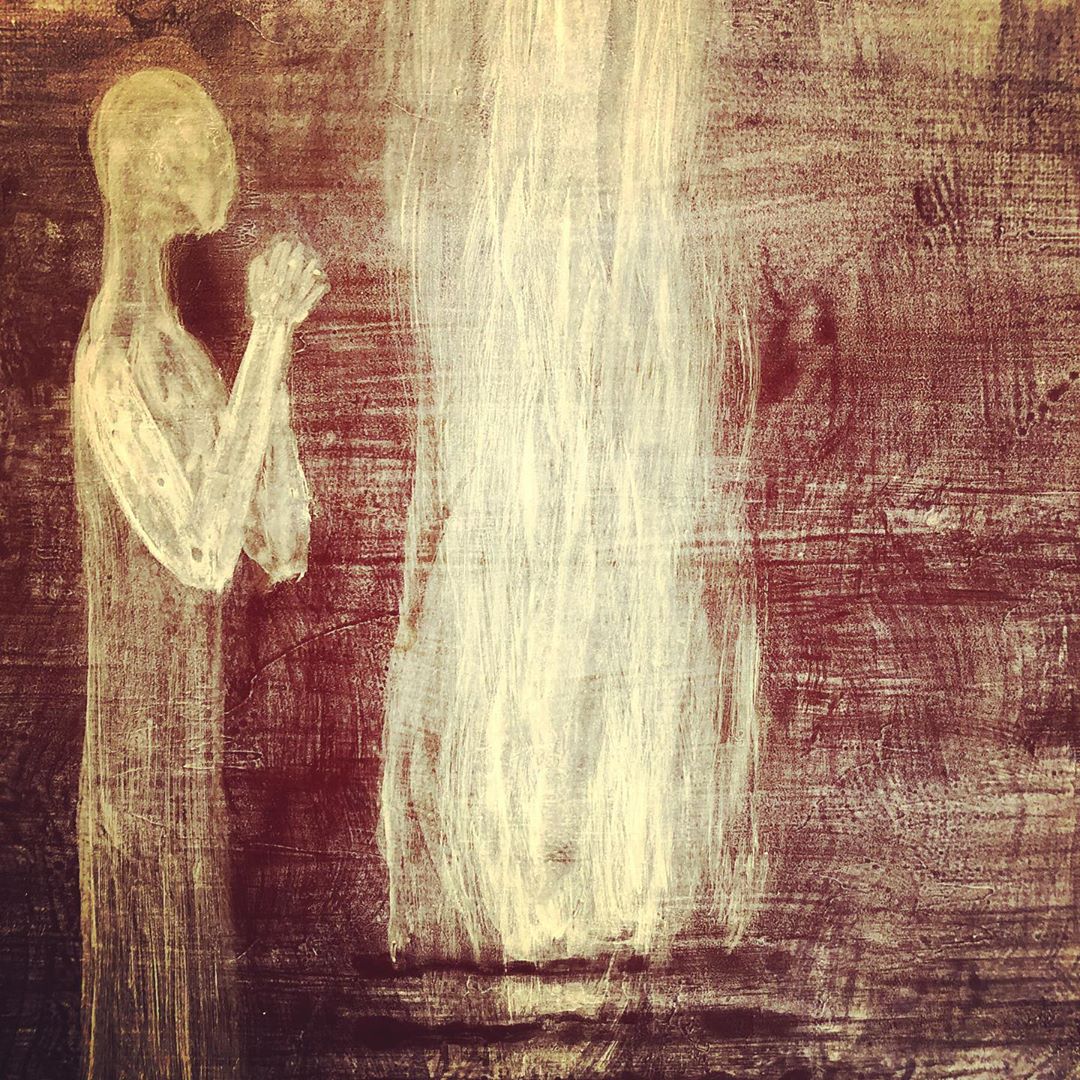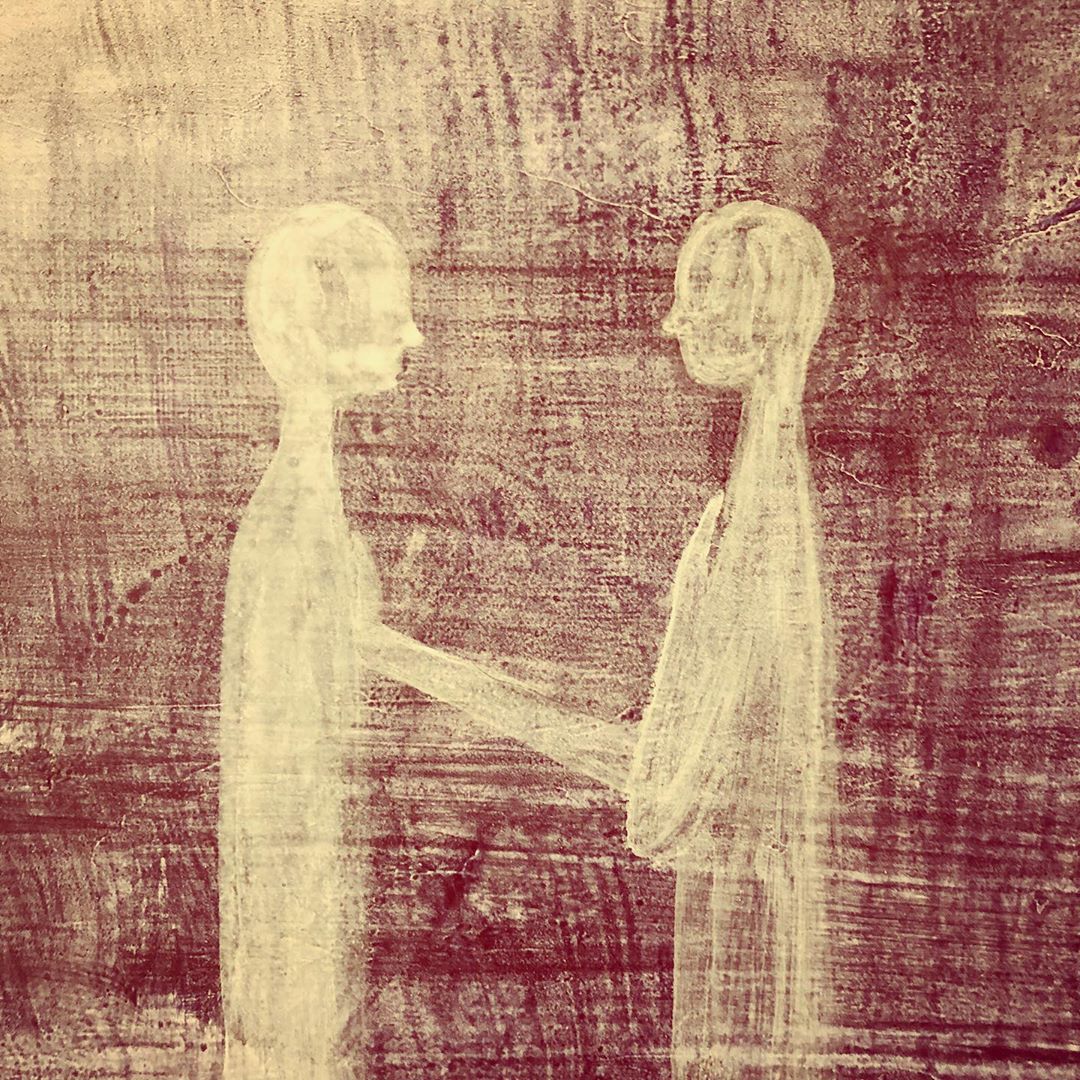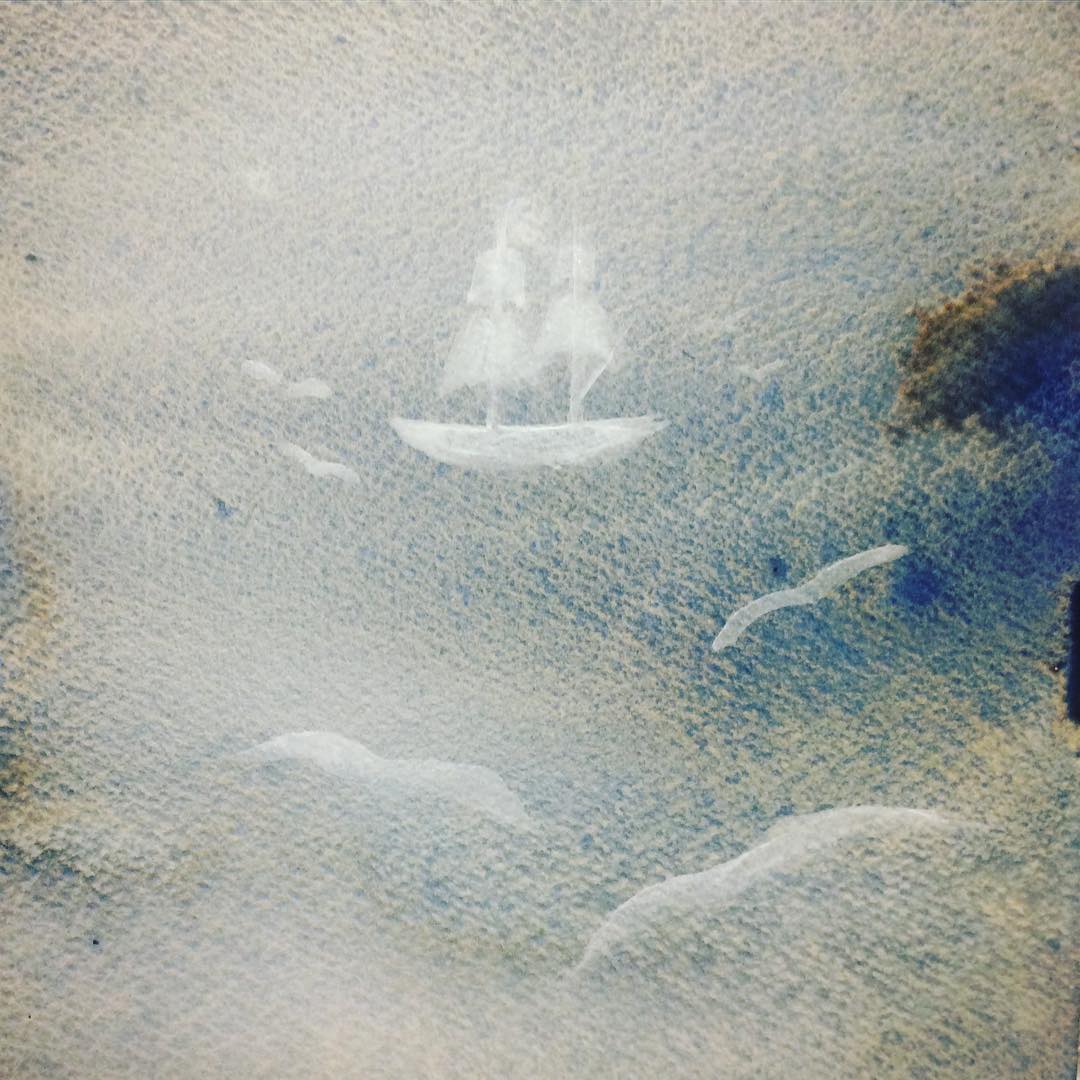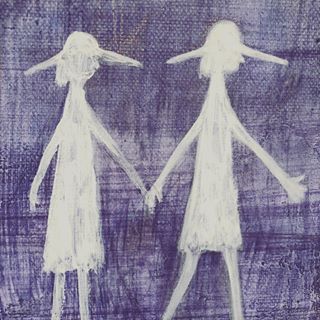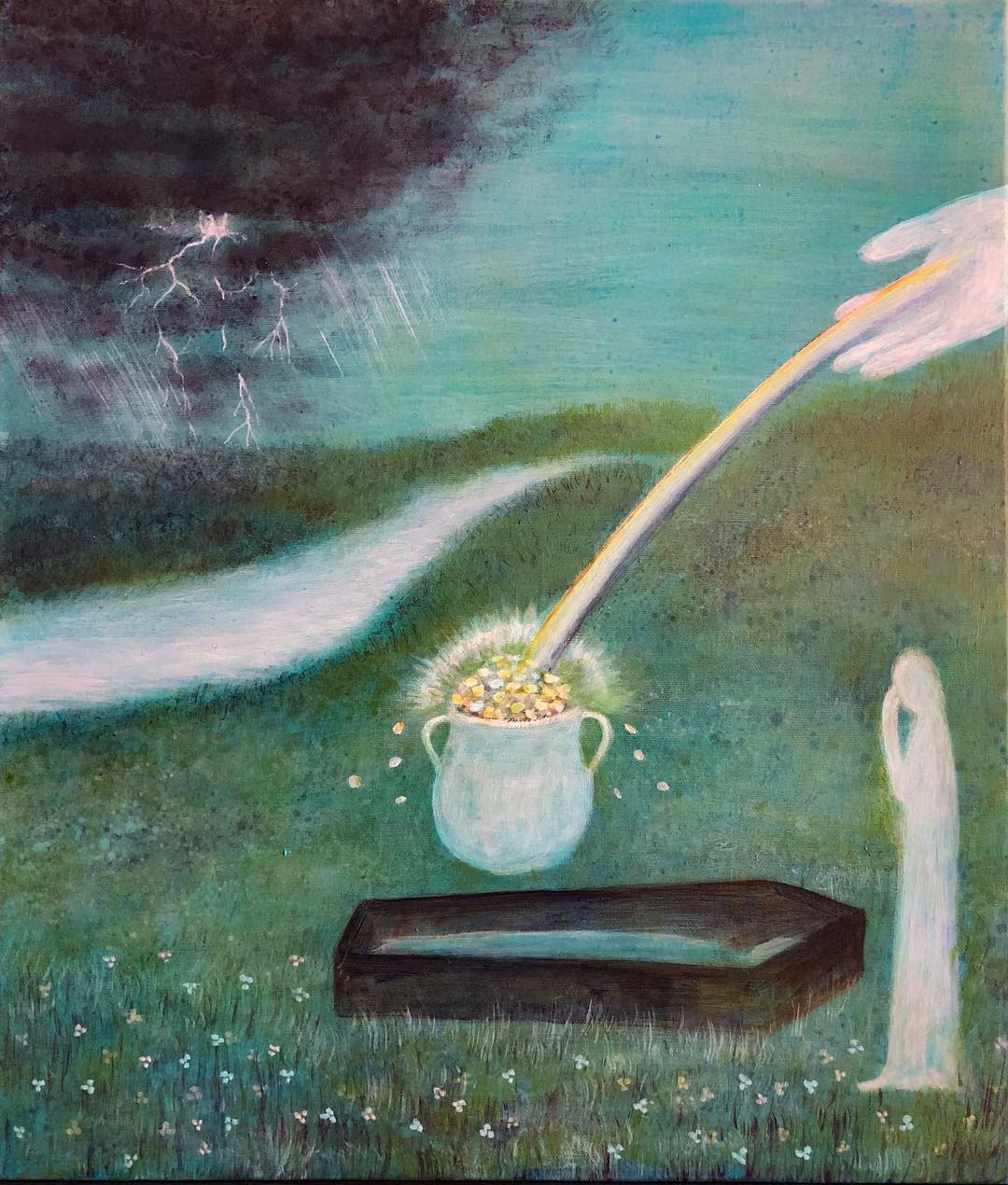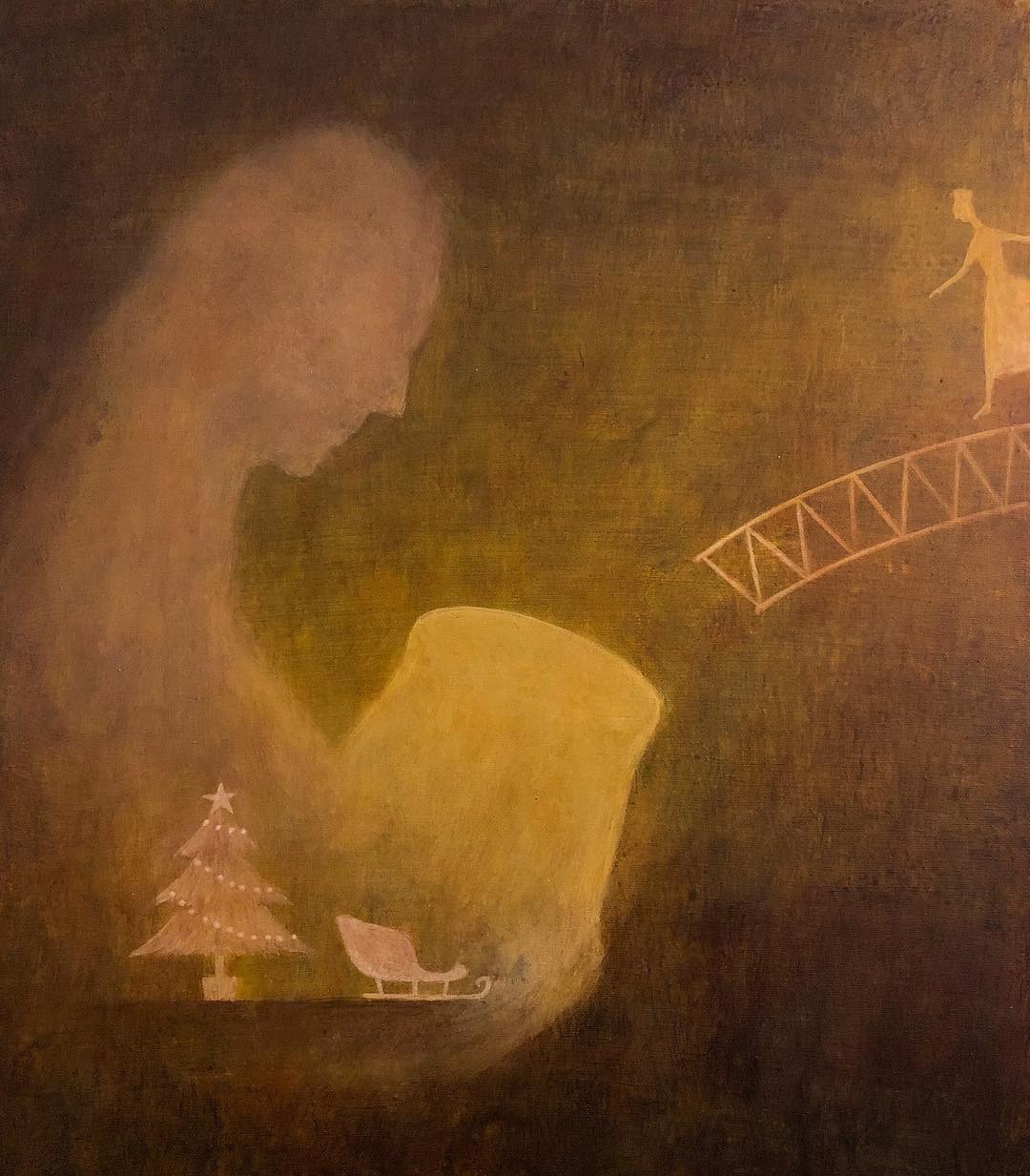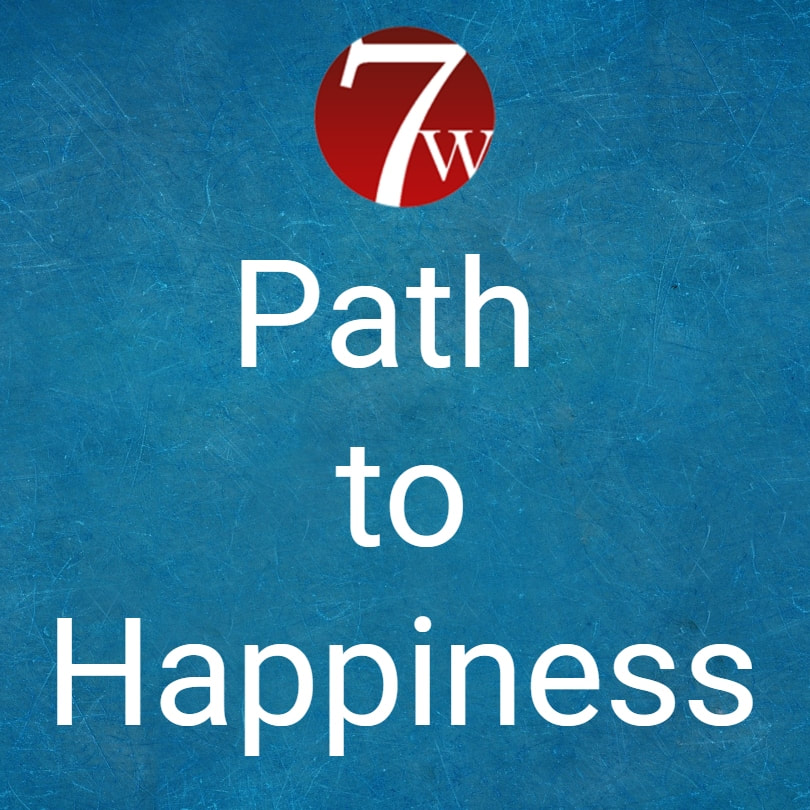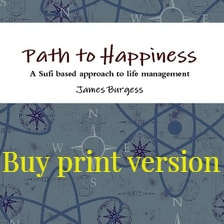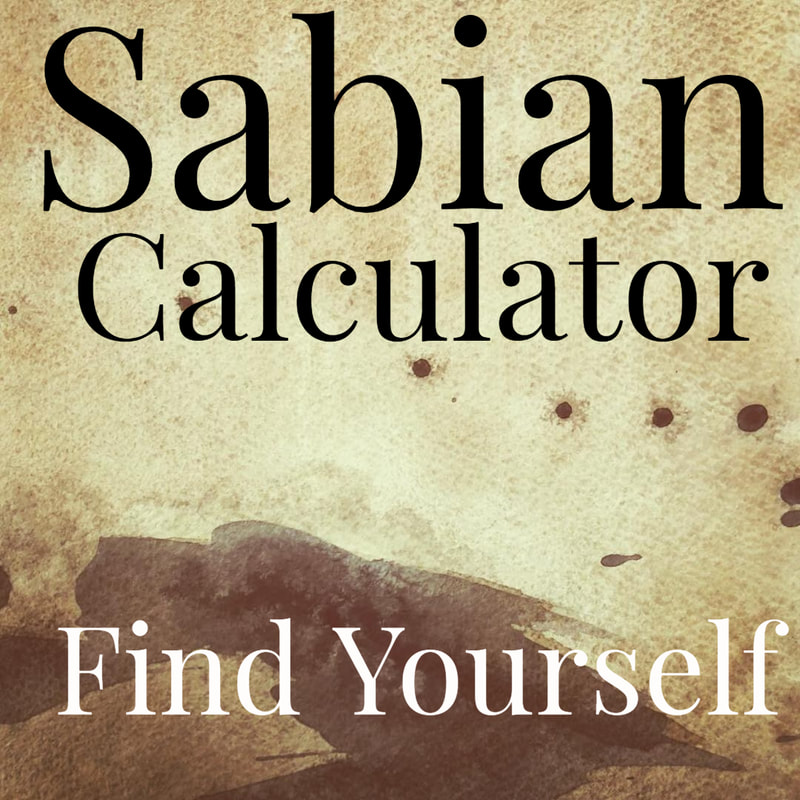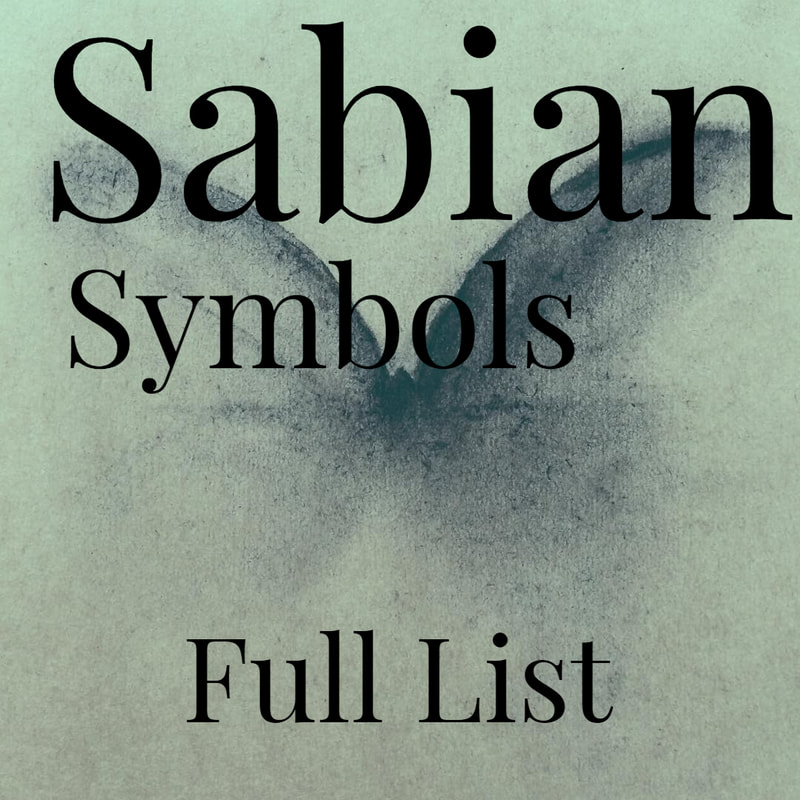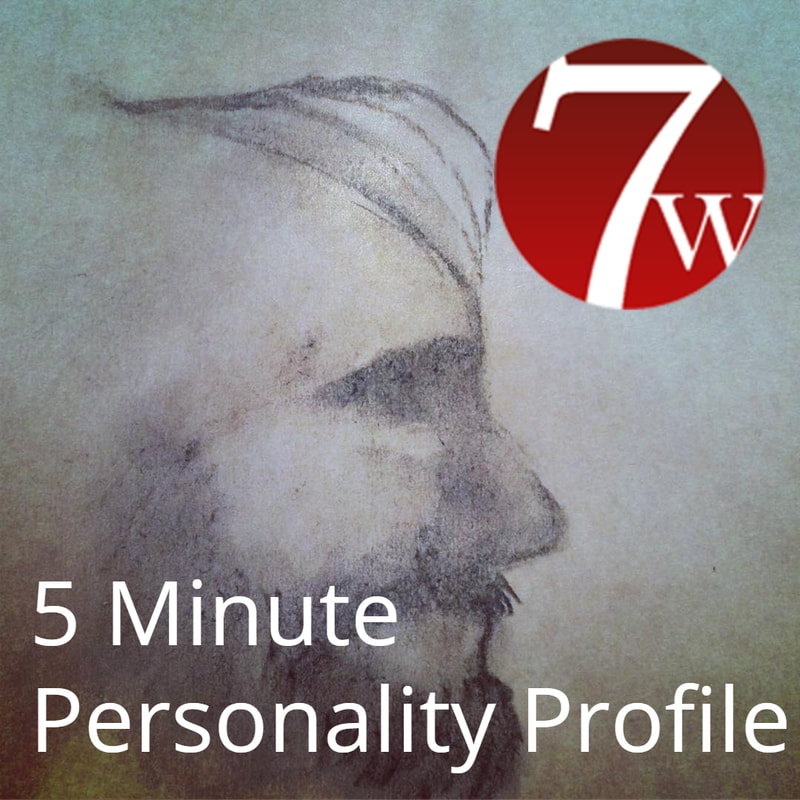Path to Happiness
REALISATIONThere was a time before the Internet, when the propaganda machinery was very effective in covering things up and very few people knew what was really going on. Things changed very quickly when ordinary people gained access to ideas and facts intentionally hidden from them previously. It was all the more so before the invention of the printing press. In the West before the Gutenberg Bible, the general population could not read and had no ability to wrest control of their own thought processes from the priests. The Renaissance period, significantly triggered by the expansion of reading, can be identified linguistically. In previous literary works the prefix ‘self-’ was very rarely used. By the introduction of the prefix as in self-realisation, self-worth, self-satisfied and so on, we are shown how self-awareness was developing rapidly at that time in history. We see from this how information develops self-awareness; in fact it is a requirement of it.
|
What Are the Facts of the Matter?As a result of the Internet, we are expanding our awareness further. We are now aware more than ever before that the processes of communal decision-making – government, military and big business – are in no way structured, or indeed intended, to serve the general population at all. The extent of the corruption is shocking, and the acts of inhumanity that have been carried out secretly are truly terrible. Facts are constantly coming to light that are destroying the illusion that we are living under an authority that is fundamentally good and designed to serve us.
Beyond politics though, whatever parts of life that are not working well for you need to be examined carefully. What are the facts of the matter? Putting aside feelings and linguistic evidence for the moment – what is actually occurring? Does your lover really behave lovingly towards you? Does your employer really show tangible appreciation for what you do? Does evidence show that your children are really free from harmful influences? Are you really honest about your feelings – honest with yourself, honest with others? |
Looking for SignsRealisation occurs the instant that conscious intelligence replaces unconscious ignorance. Very often it is a eureka experience, a momentary pop! of awakening, and yet there is usually a history of indications. It is the normal, though dysfunctional, condition of humanity that we block out any information that will make us remember certain feelings that still trouble us from childhood. So wherever there are signs whose implications are disturbing for us, then we are inclined not to see them. The pointers are often small and ambiguous: he lingers for another drink at the club, she takes a second too long to laugh at his joke, we breathe more heavily after climbing the stairs, the phone rings a little less often…then one day perhaps something becomes glaringly obvious or perhaps we are simply ready to face truth at last. Change is in the air.
It is very important to become quite specific about the exact information and the conclusions drawn from it. In that we are probably facing up to childhood issues, it is highly likely that objectivity is in short supply. For example, his late drinking could be entirely the result of stress at work. It need not be that he no longer loves you and has another, more beautiful, girlfriend who is pregnant with his baby. In fact, the realisation here may be that your suspicion borders on paranoia and it is that which drives him towards the bottle! |
Listening to the BodyWhat replaces this type of exaggerated pessimism is realism. Realisation is realistic not fanciful. We are awakened into our investigative mode – we want to ask questions and challenge the answers until we are completely satisfied that we know the truth. When we have it, this is felt in the body. There are likely to be other feelings, perhaps we feel betrayed, sad or angry – but one of them is that in some way we actually feel more relaxed. The body has been having to tense itself against untruth, which intuitively it classifies as a kind of subtle psychic poison, and yet when realisation is deep and truly authentic, then the body sinks into reality like a homecoming. This probably holds the key to reaching deeper awareness – that the physical body has better access than the mind to the undercurrents of atmosphere within scenarios. And this is where to begin the investigation.
|
Can We Trust that Change is Good?The mind is so mercurial; it is not fixed upon much and so is easily pushed around and often deceived. This is particularly true of the mind of a deceiver, and we are all that at times even if the condition is of self-deception rather than lying. The analysis of facts is helpful and of crucial importance to prove the case, but the motivation is our suspicion that all is not well, and the subsequent yearning for the end of the tense atmosphere of untruth. This is a feeling. We feel that something is not quite right, not as it should be, not what we are being told – and this stops us from feeling entirely relaxed and trusting.
|
Control the Mind, Control the LifeWe all live in our little bubbles. That which we feel we can deal with is included, all else lies outside. What interests us is in, what we find tedious is out. The bubbles are created and maintained by our focus of attention, we simply ignore what we can’t or won’t relate to. We actually train our perception and the mechanics of interpretation to not get the outside data. It is not heard, not seen, not inferred and so not understood. As we grow in consciousness, so the bubbles expand to embrace more of all that is.
Or perhaps a better image is that they grow until they pop and leave us enclosed in a bigger bubble. Realisation is the popping of the bubble. Here we reach an interesting stage of personal development – a shibboleth of the seeker, the litmus test. When the bubble pops, some people collapse like the popped bubble, and others feel the expansive freedom-exhilaration of the richer reality that replaces it. If we are strong of faith, then we believe that all change is good, indicating the greater joy which is certain to come, albeit sometimes indirectly, as a result. The moment of Realisation is a watershed. We are unable to refute the evidence any longer; it is the case and that’s that. Approaching this watershed, time takes on an intriguing quality. Perhaps the passage of time has seemed routine and lacklustre, yet it starts to speed up and spark with life force. Urgency elbows its way through a jumble of complacency demanding something real. The acceleration continues and it becomes inevitable that some major event is approaching, that a life shift is imminent. This feels exciting or stressful according to our personal approach to life and stage of development. |
The Need for Feedback and ImprovementWe can become more perceptive to the clues through training. Generally speaking, any group process involving a spiritual dimension will help. Meditation, martial arts, or sacred dance are all helpful – as too could be a 12-step meeting, a Christian prayer group or even a knitting circle if focused with the intention to support personal growth. Truthful though they may be, friends and family tend not to be sufficiently objective, but judicious feedback from non-involved peers can be hugely productive if we can put the ego aside to hear what is being said to us. Such feedback encourages, or forces, us to look at a situation differently, therefore we will indeed see it differently, often stripped of illusion.
|
The Stress of Living a False LifeWhy should we bother to look below the surface of things? Surely trouble will find us in its own good time! Indeed, this is exactly the point. Trouble will catch up with us. Whatever is false will eat away at the foundations of our life and render insecure what we love and what we need. In the end truth will out, and any decisions based on false assumptions must fail.
Nonetheless, despite this, the vast majority of people are living in denial of what is actually going on for them. Their lives are false. This creates such tension between mind and body that both thoughts and feelings are corrupted. Often the voice – that which marries the two – sounds flat or stressed and cannot carry sincerity or joy. The bubble they live in cannot reconcile with much else and so it shrinks, even at a fairly young adult age. Life then becomes a circuit of routines that obfuscates and confuses what is true – the mind cannot reason, and feelings become sentimental replicas of what is shown as normal on soap operas or in their own set. Love, truth and happiness are all constrained or completely forfeit. |
DECISIONWe lack Realisation either because we have insufficient information, or an inability or unwillingness to interpret it correctly. Most often, the reason we have insufficient data is that we have not looked – we are ignorant through choice. Realisation is what changes this standpoint of willing ignorance. Our major excuse: ‘how could I do anything? I didn’t know!’ disappears. But now we realise what is the case, then what will we do?
|
Cutting Away OptionsDecision, like incision, is a cutting. A decision cuts away other possibilities so that only one path forward remains available to us. If this is not the case, then it is not a decision, it is a proposal. Decision commits us irrevocably to an action that consumes resources such as time, money and effort. It is necessarily risky. We risk the loss of reputation, position, opportunity and confidence as well as wasted resources. This is far too big a risk for the majority of people, so most follow the path of least resistance from cradle to grave.
A decision is surely called for when the realisation occurs that current circumstances are sub-optimal for the pursuit of happiness. We try something, it fails, so we try something else repeatedly until all is well. This lasts a while until all is no longer well and a step-change is needed. Then, either we accept and adapt to outside processes, or we follow the formula – Realisation, Decision, Completion, Freedom. In this case we are our own agency of change; this is what it means to be self-determined. |
Making Our Claim on the WorldSome determinations have little consequence – they are choices we make to express our preferences and attitudes but do not awaken any great strength of will. Other determinations are of such significance that we are shaped and defined by them; they call upon us to be authentic and strong-willed. These important questions often relate to career, marriage, having children, coping with a family, diet and health, and spiritual belief. Decisions about these things are of profound consequence. Typically such matters shift us into a more serious way of being. They tend to be things in life that test us, challenging who we are and our ability to stay centred.
Indecision as a way of being leads to a particular type of life, basically passive, and it sometimes leads to such passivity that a distortion of self occurs. It is not at all appropriate to be constantly subject to the will of another, so we have to find a way to make our claims on the world. Perhaps we prefer to make them infrequently, only for matters of the greatest importance, but make them we must. |
Not Only the Mind has InformationThere is the need to consult both mind and body. The mind thinks things through. It tries to grasp the situation in hand clearly and anticipate the likely outcomes for whatever options are available. The body however registers the wisdom of that aspect of intelligence called the unconscious; it feels things. Each part, the more masculine mind and the more feminine body-feeling, have their own way of knowing what’s best, yet they do not always agree.
A life strategy that depends upon only one side of this polarity will fail in important ways. It simply is not enough to trust either reasoning or intuition; both are required. In Nature, animals do very well without thinking – yet we do not live in Nature. Humans are strategic and make plans about how to gain advantage over others, and the thinking mind is needed to cope with this. It is also a tool for Curiosity to scratch its itch with. |
Decisiveness Leads to Richness of ExperienceThere are tremendous advantages in being decisive. The whole pace of life accelerates constantly. People, events, openings and understandings come along at great rapidity. We create a life that is more active, more determined. It is not another’s but our own will that determines what unfolds. This fast pace need not threaten our inner tranquillity since we evolve the easy ability to handle whatever arises. Each decision is a new question we are putting to Life – ‘what happens when I…’. And Life responds with challenges to rise to, and experiences to assimilate. This ability has to be claimed and earned, so those in their 20s might not be as competent as they will be later. In contrast, the energy and enthusiasm to decide to tackle new situations tends to diminish in later years. To stay young, stay decisive.
|
Trial and ErrorLife is not a trial, it is trial and error. That’s what it is. We are not ‘on trial’, as some people and religions seem to think, we are organising a trial on our own behalf, with the specific intention of experiencing the error. From this, and only from this, we grow in knowledge. From our contemplation of error, we revisit our strategies and set out on another adventure-trial. All of this is fully energised by will as it operates through its decisions.
|
Expediency and PrincipleA very important question to address early in adult life is whether to live by expediency or principle. What is expedient is easier and more pleasure-oriented. Principles are prescriptions for our decisions, they are deeply challenging, and designed to lead to long term joy rather than immediate pleasure. Again we look to both mind and body. The mind loves philosophy and tends to have beliefs, opinions, moral codes and ideals. The body communicates through its health; if it has not health then we might question whether the mind’s philosophy or the disobedience of will is responsible, because assuredly one of them is. We need to find a set of principles to live by, which supports the body’s wellbeing yet can be implemented by the will. Tricky! |
Principles Can ChangeNor must we think that a principled life is necessarily more worthy. If it does not lead to happiness then it is not. The danger of sticking to principles rigidly is that the body becomes rigid. This necessarily means that our principles are wrong. Health and happiness are right, and the body shows both physically and emotionally how close we are to rightness; its rigidity will lead to discomfort and death.
So how do we know what to do and which principles to adopt? We simply decide upon something and then, in our eternal evolutionary journey, we allow life’s processes of trial and error to persuade us in the fullness of time to decide differently. |
COMPLETIONOf course this is a colourful metaphor, but very apt. In order to regain freedom after involvement, we need to separate these tentacles – and this is what Completion is. We enter relationships all the time, some casual, some intimate, and these are our involvements. Some touch our feelings and some do not. To end a casual association is as easy as walking away, but if feelings have been awakened then we know to expect some degree of poignancy upon leaving. Clearly if we have feelings for someone then the sticky tentacles have some pull upon us and tug at our freedom. How able and willing we are to untangle these connections is an important measure of maturity and wisdom.
|
Completion is a DutyThe tangling comes about because of expectation. People expect us again today to be loving and caring about their needs, if we have been so yesterday. Being loved and loving sets up a deep feeling of belonging, and if this seems threatened then typically a person will feel bereft and vulnerable. Wherever we have allowed there to be expectations of us, then we have a duty to fulfil them or offer explanation for why not.
Duty is not much honoured in the West outside of certain military circles and dynastic families; ordinary people no longer feel so much bound or motivated by it and it is nowadays imposed by law rather than social pressure. Yet on the path of happiness, it is a definite milestone. Duty, honour, nobility, integrity, trustworthiness, dignity, maturity, responsibility, authority, gravitas – whenever these words accurately reflect in a person’s character, then we can feel fairly certain that that person will make a real effort to finish whatever they start. This introduces the other side of Completion. We finish things properly not only in deference to others’ feelings, but because we choose to become mature as responsible adults. Professionals – nurses, accountants, architects and lawyers – understand this, that’s why we go to them. Also it is a very important aspect of Hindu teachings. To them karma is duty. We work off our karma bit by bit by doing the right thing. |
Decision is Not EnoughIt is Completion that bridges the space between Decision and Freedom. So it is not enough to have the acuity that brings realisation and the will to make decisions unless we also have what it takes to complete upon our commitments. What happens if we lack Completion is that we get sucked back in. The sticky tentacles bind us tight. One meets a surprisingly large number of single mothers who became pregnant the last time they had sex with a man whom they had already decided to leave, failing to enact in a timely way the celibacy aspect of their completion process. In fact following a separation all of the issues come up that had to be dealt with but were not – particularly how to communicate during conflict. The irony is that the couple may not have needed to split up if they had lived up to their mutual commitment to find a way to talks things through openly and honestly, with neither asserting advantage through bullying or manipulation. And if they still cannot, then often their lawyers get the money instead of their children.
|
Completion brings us to MaturityWhen an involvement is ready to end we may well want to scoot off immediately without tidying up – as children and teenagers so often do – but there is a price to pay for such an attitude. At the extreme end, it is the failure to tidy up that is threatening the world with dire pollution of our air, water and food supplies. Tidying up means dealing with all the consequences of our decisions and, as a species, we have failed in this. On a personal level, without proper completion we do not reach maturity. Year by year our involvements simply become tame repetitions of the same old problems that we cannot deal with except by remaining distant and shallow, then life itself loses meaning and no choice holds any profundity. More than that, our decisions lack punch and we become increasingly impotent, lacking in influence, lacking passion and easily swayed.
|
Tidying Your Room, Tidying YourselfIt is the wise individual who learns how tidying matters up is exactly the same as tidying up oneself. It seems so inconvenient sometimes to finish things off properly, but in the long run it saves a lot of effort and inconvenience. This is because the future advances in alignment with our own state of being. If we see that a person’s home is a real mess – every room untidy, numerous half-finished projects in evidence on the floor and three days of washing up in the sink, then would we trust them when they propose yet another new scheme and make more unrealistic promises? We have a pretty good idea what future they may expect – messy and out of control, often in stress, ever subject to external forces and never in command.
|
Completion Strengthens WillPerhaps it is spontaneity and flowing acceptance that we find most joyful, but such freedom is only reliably available to us when we have learned to keep away the imposition of stress and misfortune, which requires us to be on top of things. This demands occasional use of strong will. Now we reach the deeper, esoteric aspect of Completion. Our clout in the world, which enables our dreams to manifest and protects us from being abused, is dependent upon will; and it is Completion that strengthens will.
|
The Development of TrustworthinessThe reason we always do what we say we will do is because otherwise we will let the strength of our will diminish. Every time we fulfil a promise, we add another reason for others to trust us, another reason for us to become more confident. Over time, being like this as a way of life, we come to know that what we say will be will indeed come to pass – perhaps not always but usually whenever it is humanly possible. The ever-increasing confidence is evidenced by our demeanour and tone of voice, so we learn to command respect and impress upon situations with the dignity of our being. We gain the trust and support of others and can expect to be taken seriously. This in turn adds to our capacity to create chosen outcomes, free of external interruptions, free of stress and anxiety.
|
FREEDOMThe gaoler is not for us a violent uniformed official, an identifiable controlling force of armed authority. For most of us it is the disapproving glance, the wagging finger, the boss’s reprimand and the religious ideal. We are held in place by the gossipers that threaten our reputation, employers who might not give us a good reference, parents who wield the power of emotional blackmail even over their adult offspring, friends who envy our achievements, strangers with a different dress code or preference in music. We have been trained like dogs to salivate at the sound of the master’s bell, and this process of conditioning began at birth and is never-ending. In fact in extremis it is indeed actually backed up by an armed automaton who serves a tyrannical authority.
|
The Masters Are Almost in Complete ControlMost of us though are too complacent or intimidated to question and challenge the rules enough to be a threat to the possessors of power. As Rome understood very well – give the plebs bread and circuses and they are under control. Social security payments and TV works well enough in the current era, and if people do eventually take to the streets then tear gas and riot shields can be deployed before bothering with the military solution.
Generally we are not free. The illusion is granted in order to keep us tame, but the extent to which the State will go to keep us down is without limit, and entirely without humanity. The State is as much caught up in this as we are, and there is none capable of acting differently in order to change things politically. Captains of this terrible ship of State come and go over the centuries, seemingly in control, but they are not – the ship’s course is set by other processes, which have irresistible levels of momentum. |
Prioritising Freedom over SecurityWe pray that there is some progress, that humanity’s inhumanity is slowly being transformed towards decency – but for now it is better to understand that nothing much can be done to destroy the evil leaders that control us, or tear down the grey institutions through which they impose their dark will. This may seem to be unduly pessimistic, but it is not. The realisation may in fact be enough to free us.
If a person truly raises Freedom up as the primary principle of life, then it can be claimed. Even living in this age of the violent State bully, freedom can be asserted by the few. Yet it is so precious that we need to want it with a passion. Of course, the simple truth is that most people don’t. For them, there are many more important things in life. Animals mostly have freedom and yet little or no security. Humans have collectively elected to place as more important such things as belonging to a community, complete absence of hunger, predictable conditions, ownership and family lineage. If these things take precedence in our lives then freedom does not. |
Freedom is Both Passion and PeaceFreedom is not a concept or a set of behaviours, it is not even an attitude – it is passionately free of all of this. What is the difference between freedom and passion? It is actually not meaningful to distinguish between them, except perhaps that freedom is both passion and peace. When we are at peace, it is because passion is at rest; when not at peace, then passion is in evidence. Peace is therefore an aspect of passion, passion of peace. To validate this idea, we look at infants; they are either sleeping peacefully or passionately involved in life – they are born with the expectation that desires exist in order to be fulfilled and enhance their sense of joyful satisfaction.
As we expand in order to enjoy and claim the passion of freedom, inevitably sooner or later we encounter resistance. This is how we experience limitation – and mostly it is imposed by illegitimate agencies. Nature has the power and right to constrain us but for adults all else is false or self-imposed. |
Conflict Identifies Restrictions to our FreedomLet us draw attention to the relationship between Conflict and Freedom. We must encounter conflict if we are to claim freedom, and we must prevail or move on. The resistance we encounter is nothing more than the identification of whatever limits our freedom. Sometimes we lack the power to progress in a given direction, so we must accept this and let go of our intention. We see how the word Goodbye aligns with both freedom and conflict. When we have learned to say Goodbye easily and completely, then we can enter conflict passionately. This fearless full-on commitment increases our chances of success. There is no fear of failure since we can move on without nostalgia or any attachment to winning and losing.
|
Courage to Claim FreedomInwardly we are restrained by the fears implanted in the psyche by those forces that moulded us during childhood. These are not known to us. They are hidden inside, locked up and lurking. Until we face them, they continue to control us. But how can we face them if they are in hiding? We cannot. Yet outwardly, these fears are made known in conflict, and in fact only in conflict. Therefore the courageous seeker of freedom passionately welcomes conflict as an opportunity to face down another fear in order to win another slice of freedom. This continues indefinitely, although the encounters eventually become increasingly subtle and move beyond the level of winners and losers. In consciousness conflict creates two winners – both parties become more aware and neither has an attachment to a specific outcome.
|
Freedom From and Freedom ToFreedom has one of two directions – freedom from and freedom to. We are not free to do what we choose unless we are free from what prevents us. What prevents us is nothing more than the fear of conflict. Having overcome that fear, then what freedoms are then available to us? We ask: what actually are we free to experience? And the answer is – anything realistically imaginable. In a person who has established their freedom, apart from the constraints of Nature it is only the limited reach of imagination that sets the boundaries of possibility.
The way to establish freedom is to find the inner spirit and allow it free rein. This shows typically as spontaneous, unpredictable and quite often eccentric. If we do this, then for a time it is likely that we will find it more convenient to move on than to engage constantly in the conflicts that arise. We say Goodbye to people and circumstances that restrict us until we find a situation where we feel at ease. Then we need to face down whatever attempts to control our joyful self-expression. This can be done gently and lovingly, as long as it is done convincingly. |
Freedom, Meaning and InvolvementHaving claimed our freedom, then what? It, like money, is fully enjoyed only when it is surrendered. So how can we reconcile our passionate freedom with an equally strong desire for involvement? We want relationship, family, career and a sense of belonging to our tribe. How to have both involvement and freedom?
The answer to this conundrum lies in a Sufi teaching: it is meaning that brings freedom to involvement. Having invested our freedom in things that we value, it is the meaning within them that is the transformed aspect of the freedom invested. Involved as parents, as householders, as co-workers or bosses, as team-mates or just members of a friendship circle, we find the meaning of life in the dynamic interplay between what we allow and what we prevent. This interplay helps define us, it is how we figure out who and what we are. If the spiritual aspect of life becomes primary we tend to refine our involvements, and let go of anything of lesser consequence until we have nothing to protect or defend, and so nothing whatever to fear in the slightest. Without fear, we know complete freedom, and so can choose and expect a life of joyful celebration. |
